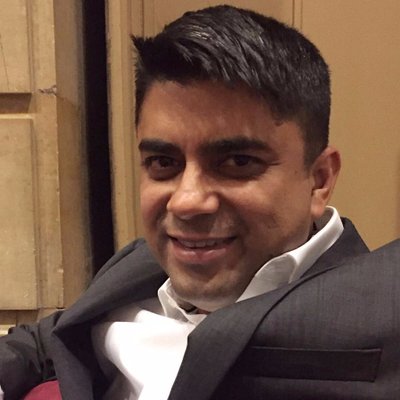By SAURABH JHA, MD

The COVID-19 pandemic has been a testing time for the already testy academic discourse. Decisions have had to be made with partial information. Information has come in drizzles, showers and downpours. The velocity with which new information has arrived has outstripped our ability to make sense of it. On top of that, the science has been politicized in a polarized country with a polarizing president at its helm.
As the country awoke to an unprecedented economic lockdown in the middle of March, John Ioannidis, professor of epidemiology at Stanford University and one of the most cited physician scientists who practically invented “metaresearch”, questioned the lockdown and wondered if we might cause more harm than good in trying to control coronavirus. What would normally pass for skepticism in the midst of uncertainty of a novel virus became tinder in the social media outrage fire.
Ioannidis was likened to the discredited anti-vax doctor, Andrew Wakefield. His colleagues in epidemiology could barely contain their disgust, which ranged from visceral disappointment – the sort one feels when their gifted child has lost their way in college, to deep anger. He was accused of misunderstanding risk, misunderstanding statistics, and cherry picking data to prove his point.
The pushback was partly a testament to the stature of Ioannidis, whose skepticism could have weakened the resoluteness with which people complied with the lockdown. Some academics defended him, or rather defended the need for a contrarian voice like his. The conservative media lauded him.
In this pandemic, where we have learnt as much about ourselves as we have about the virus, understanding the pushback to Ioannidis is critical to understanding how academic discourse shapes public’s perception of public policy.
Continue reading…









